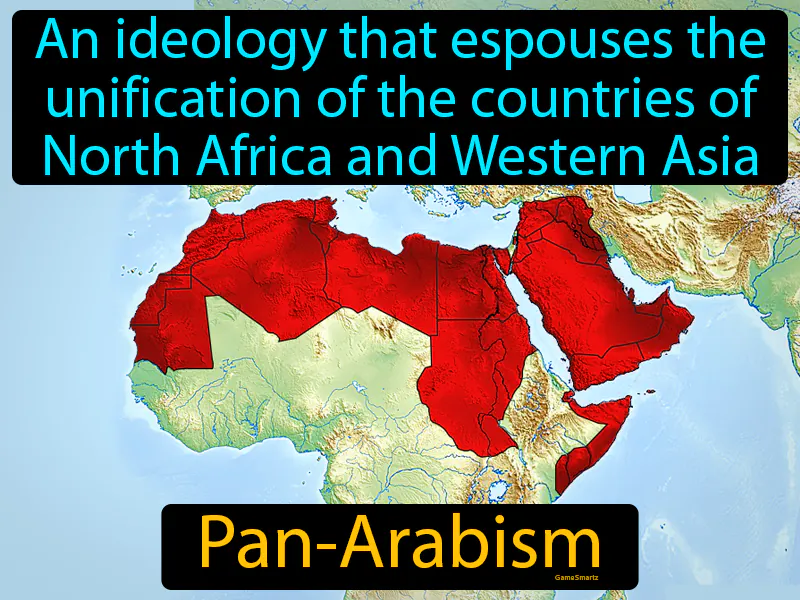Pan-Arabism
Pan-Arabism: Easy to understand
Pan-Arabism was a movement aiming to unite Arab countries in North Africa and Western Asia, inspired by the idea of nationalism and the shared cultural and historical heritage among Arab people. During the early 20th century, especially from 1910 to 1939, Arabs sought independence from colonial powers like France and Britain, hoping that unity could strengthen their political and economic position in the world. This ideology responded to problems such as foreign control, cultural suppression, and the desire for self-determination. Today, Pan-Arabism still matters as it influences political and cultural discussions about unity and cooperation among Arabic-speaking nations. A real-life example is how countries in the Arab League work together to address regional challenges, like economic development and conflict resolution, showing that the idea of unity can still impact global relations and local communities.

Practice Version

Pan-Arabism: An ideology that espouses the unification of the countries of North Africa and Western Asia. Pan-Arabism. It is a movement aiming to unite Arab-speaking countries based on shared cultural and historical ties.